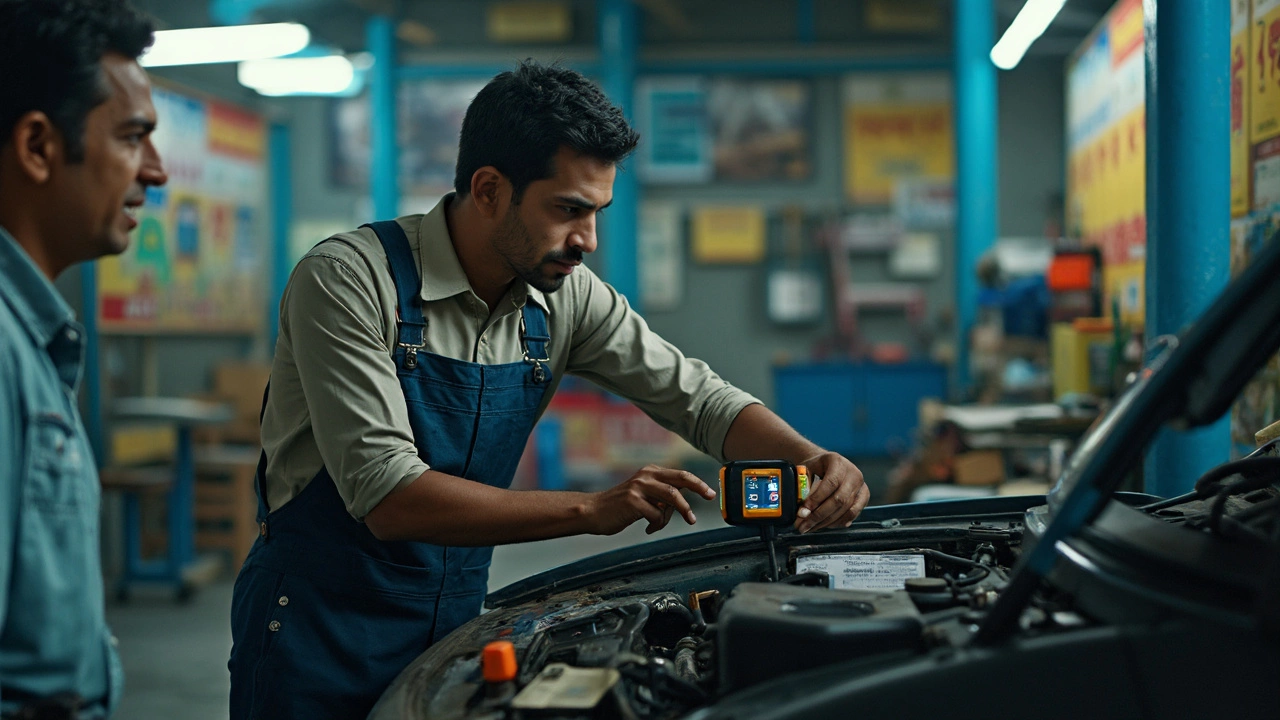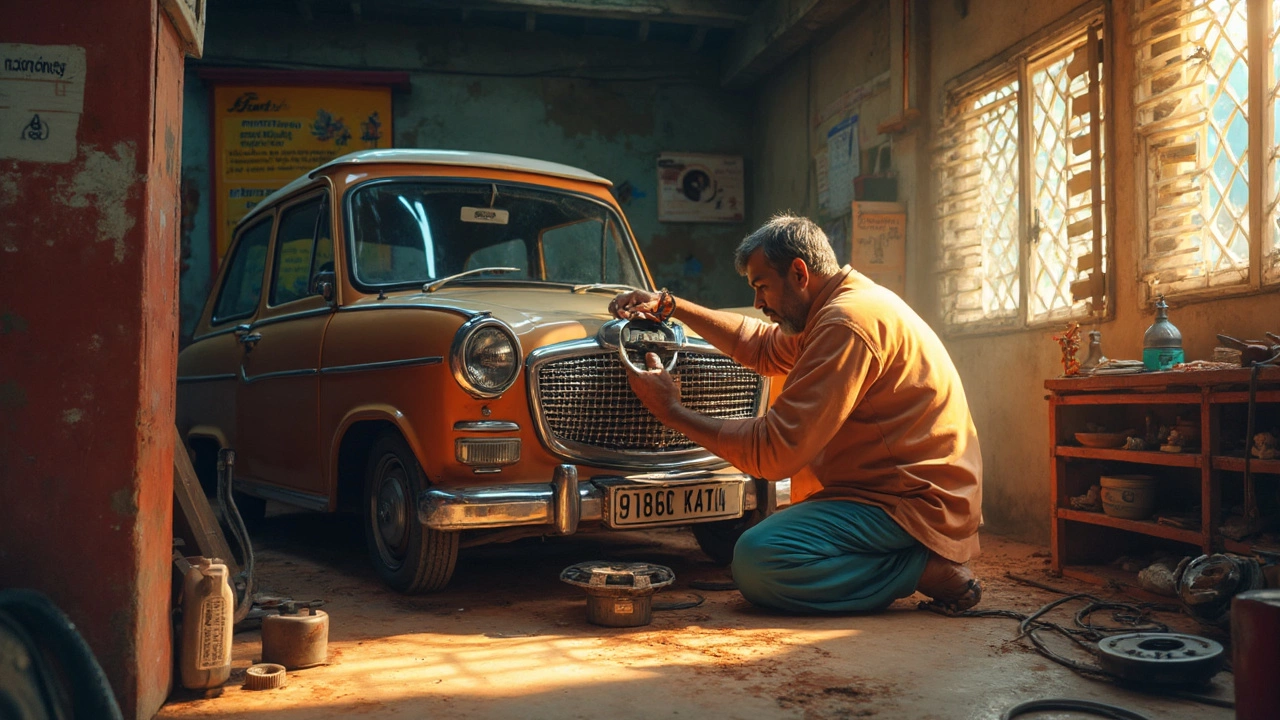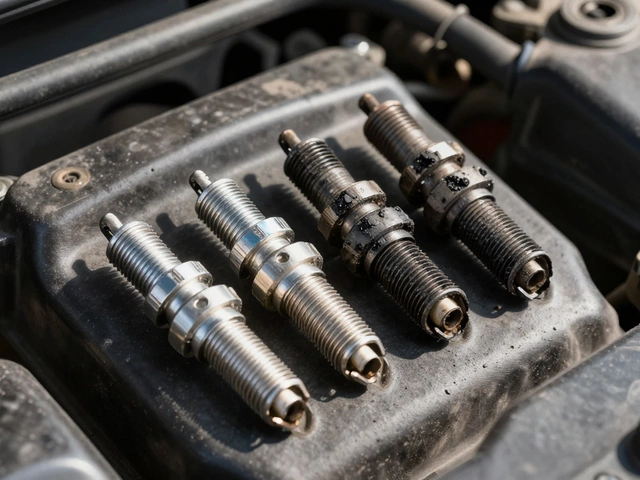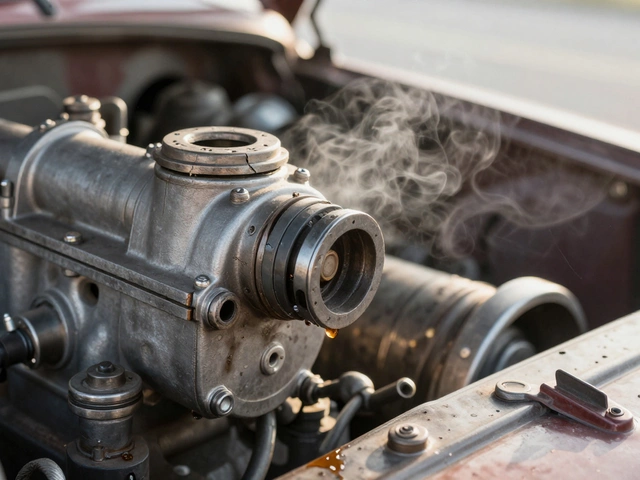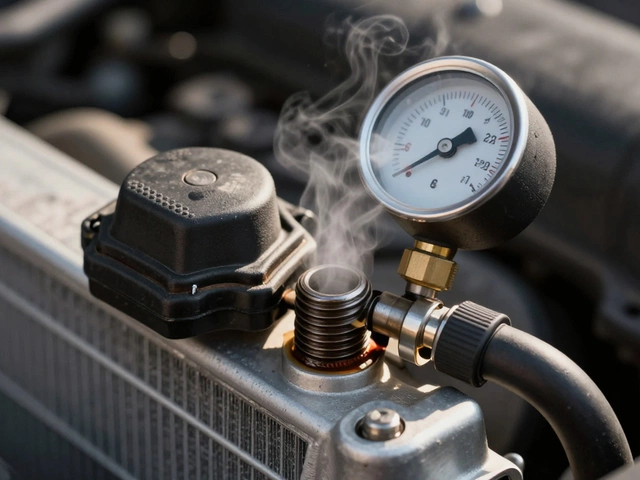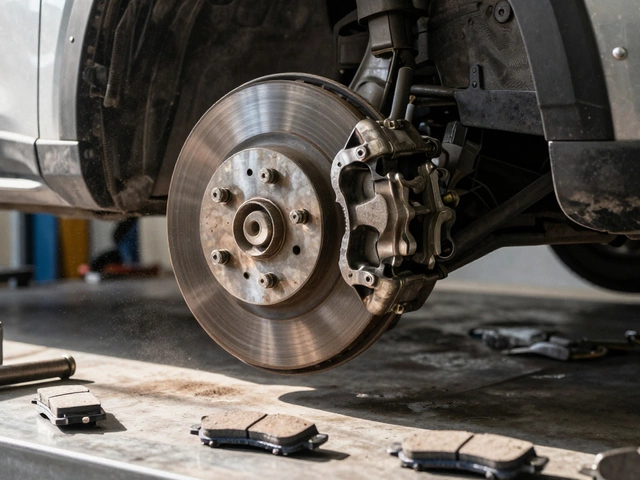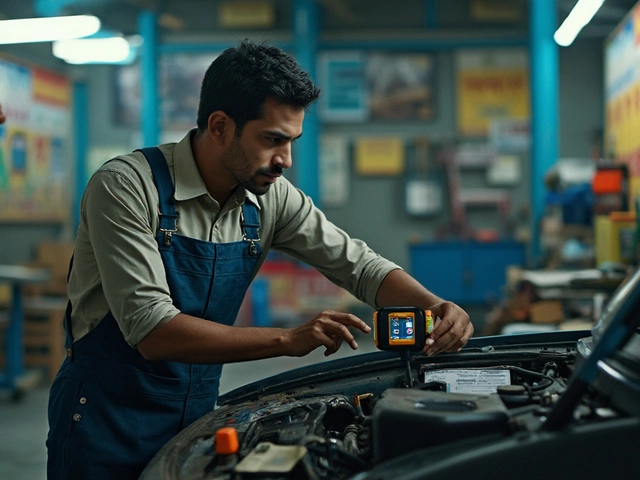Car Repair Tips & Guides – Fix Your Ride Fast
Got a noisy exhaust, a wobbling brake, or an engine that’s starting to sound angry? You’re not alone. Most drivers face a surprise repair at least once a year. The good news? You don’t always need a pricey shop visit. With the right know‑how, you can tackle many problems yourself, save cash, and keep your car humming.
Engine, Oil & Cooling Basics
Skipping oil changes is a shortcut that ends badly. When oil gets old, it turns to sludge, wears engine parts faster, and can lead to costly repairs. Our guide “What Happens If You Don’t Change Engine Oil?” walks you through the warning signs – low oil pressure, smoke, and strange noises – and shows how to test oil condition at home. If you’re unsure which oil to buy, check out the "How to Choose the Correct Battery for Your Car" article for a quick fit‑check on size and type, which also affects charging and cooling.
Radiator trouble can make that temperature gauge jump. The "Car Radiator Replacement Cost" piece breaks down parts vs. labor for 2025, while the "How Long Does It Take to Replace a Car Radiator?" guide gives you a realistic time estimate so you can plan around work. If you wonder whether a bad radiator can be driven, the "Can You Drive with a Bad Radiator?" article explains the risks and when to pull over.
Brakes, Suspension & Exhaust Essentials
Brakes are the only thing that keep you safe on the road. Knowing the difference between worn pads and bad rotors can save you from a squeal or a wobble. The "Warning Signs of Bad Brake Rotors" post lists the noises, vibrations, and heat you’ll notice. If you’re debating whether to replace just the pads, the "Do I Need New Rotors or Just Brake Pads?" guide helps you decide based on wear patterns and cost.
Suspension problems are sneaky; a bent control arm or worn strut can make your car feel loose. The "How to Tell If Your Suspension Is Bent" article gives quick visual checks, while the "Suspension Troubleshooting Guide" walks you through step‑by‑step fixes for common issues like noisy coils or uneven tire wear. For a deeper dive, read "Most Common Suspension Type Explained" to understand why MacPherson struts dominate daily drivers.
Looking to boost sound and performance? The "How to Make Your Exhaust Louder Legally" article explains legal dB limits, cat‑back kits, and active valve options that pass 2025 inspections. If horsepower is your goal, the "Best Exhausts for More Horsepower" piece compares flow rates and back‑pressure effects. Want to know if a 3‑inch pipe really adds power? Check out our "Will a 3 Inch Exhaust Improve Your Car's Performance?" guide for realistic expectations.
Every repair starts with the right parts. The "Is It Cheaper to Buy Brake Pads Yourself?" article breaks down DIY vs. shop pricing so you can budget wisely. For clutch concerns, the "Clutch Testing Guide" helps you spot slipping or hard shifting before it turns into a full rebuild, and the "Do Upgraded Clutches Really Make Cars Faster?" post tells you if the upgrade is worth the money.
When you’re ready to start a project, grab the tools, read the step‑by‑step instructions, and take safety seriously – gloves, eye protection, and a clean workspace go a long way. If a job feels over your head, don’t hesitate to call a professional. The right balance of DIY and expert help keeps your car reliable and your wallet happy.

How Hard Is It to Replace a Clutch? Simple Truths for DIY Mechanics
Swapping out a clutch sounds intimidating, but it's doable if you're prepared. This article breaks down how tough it really is to replace a clutch, what skills and tools you need, and what snags you might hit along the way. You'll get practical advice, surprising facts about clutch repairs, and tips to help you decide if you should tackle this job yourself. We also cover what to expect regarding time, costs, and possible headaches. If you're thinking about clutch work, here's what you need to know before grabbing your wrenches.
CONTINUE READING
Can You Seal a Cracked Radiator? Know Your Options
Wondering if you can fix a cracked radiator without dropping hundreds at a mechanic? This article breaks down whether sealing a crack is possible, when it's safe to try, and the types of products you can use. You'll find out what actually works, what to avoid, and what can put your engine at risk. Get some tips for patching things up in a pinch and learn when you should call it quits and just replace the radiator. No nonsense, just straightforward car advice.
CONTINUE READING